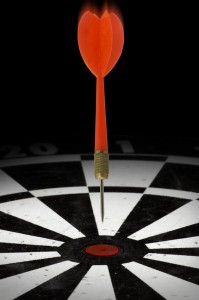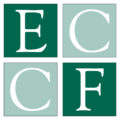Leadership skills can be learned – Just practice differently
 Last time, I told you about Daniel Coyle’s newest book Little Book of Talent and I admitted that lately I’ve had a fascination with performance improvement, talent, and habit.
Last time, I told you about Daniel Coyle’s newest book Little Book of Talent and I admitted that lately I’ve had a fascination with performance improvement, talent, and habit.
Although I concede that some small part of my attraction to the topic is a desire to play the piano better, my main interest is in finding out if there are universal principles that can be applied to leaders seeking to develop their leadership skills. After all, these skills are elusive to many. These skills are not like hitting a dart board, pitching a ball, or playing a chord.
While most of the examples in Coyle’s previous book The Talent Code indeed seemed to pertain to music and sports, I was convinced that his research and conclusions had strong applicability to leadership and human relations. So I was gratified when I opened this newest book to find tip number 7: “Before you start, figure out if it’s a hard skill or a soft skill.”
Hard skills are different than soft skills.
Hard skills are basically those that have one right way. These skills must be performed consistently. The examples that Coyle uses to illustrate hard skills include serving a tennis ball, performing basic math, playing a musical chord, or installing a part on an assembly line. I might add operating a car in the center of the lane, filling out a form, or doing anything for which you can write a procedure to be followed.
By contrast, the soft skills are really “situational skills.” These are flexible skills, success of which is determined more by the outcome than the precise method of implementation. These skills require agility, pattern recognition, interaction with the environment, and awareness of possibilities. Much of leadership requires soft skills.
Hard skills are developed differently than soft skills.
Hard skills are developed through slow repetitive practice. Discrete steps should be performed over and over again with perfection of each incremental step achieved before moving on to the next step.
The development of both hard and soft skills requires practice. But, if you’ve decided that the skill you want to develop is more of soft skill, you should focus more on exploration. Soft skills are developed by playing and exploring in natural and changing environments. Repetition is still important but reps should be varied. Perfection is not the point; exploration is.
This is why coaching leaders is so different than coaching athletes. A good executive coach does NOT tell you how to play the game or teach you precise techniques (although admittedly a trainer might). In leadership, a good coach will guide you in an exploration to help you find your own best way to play successfully.
Leadership involves learnable soft skills.
Most of what is involved in leadership is a soft skill. We learn soft skills a bit differently, but the point is that soft skills are learnable.


